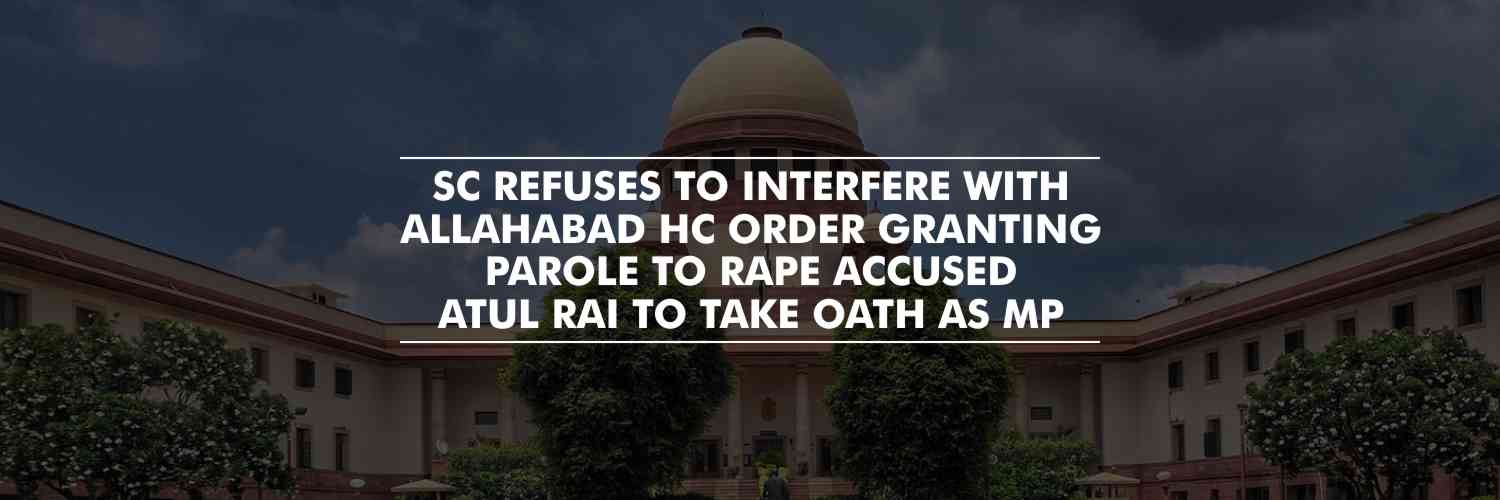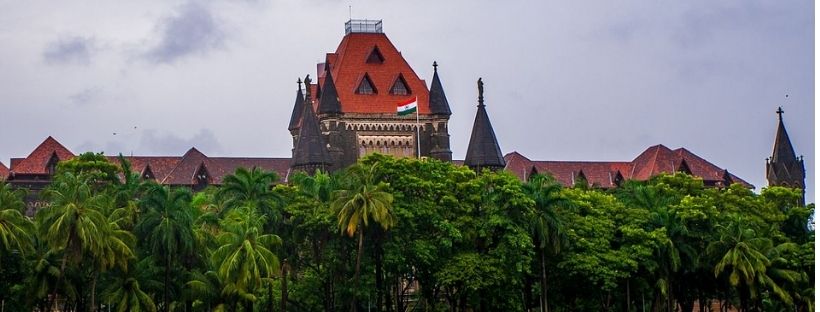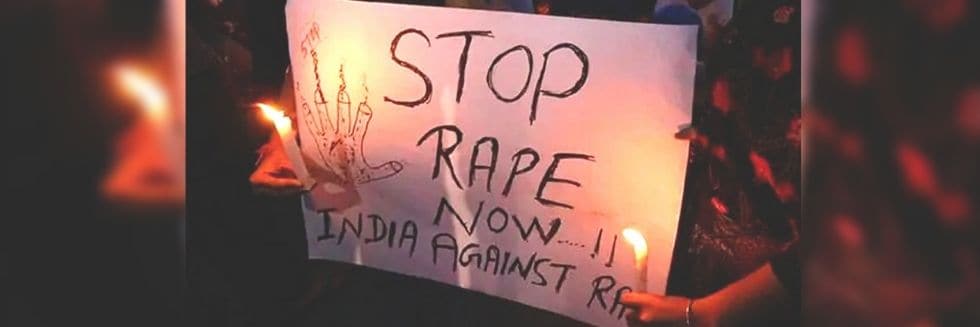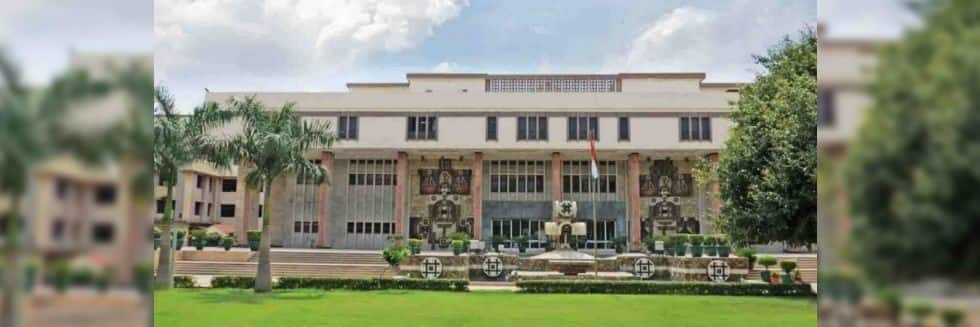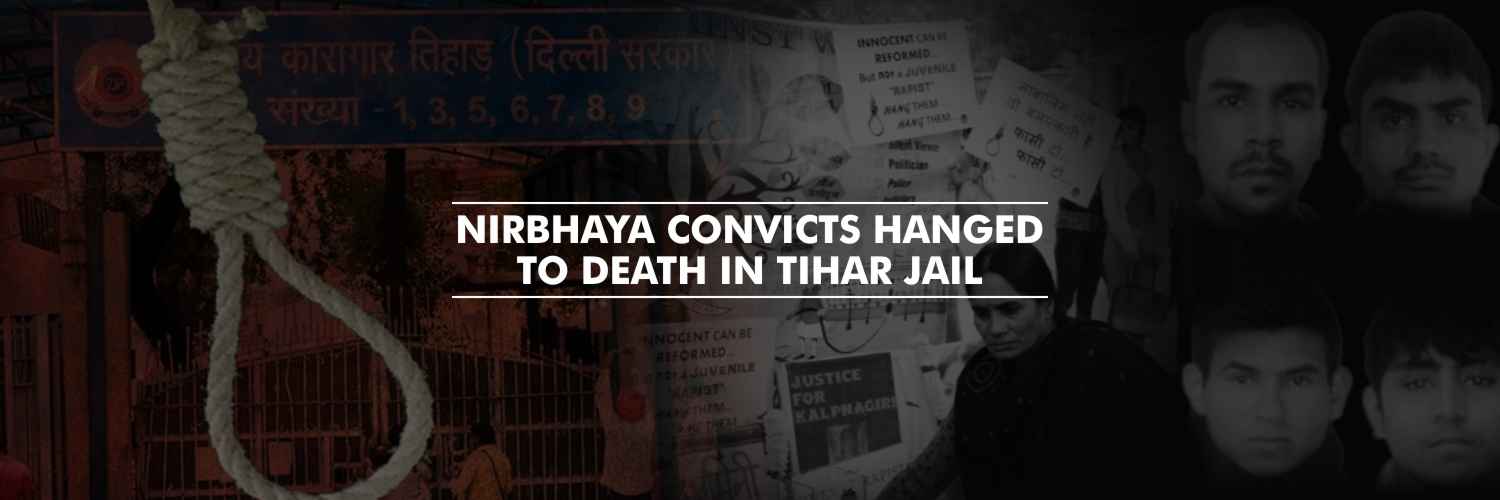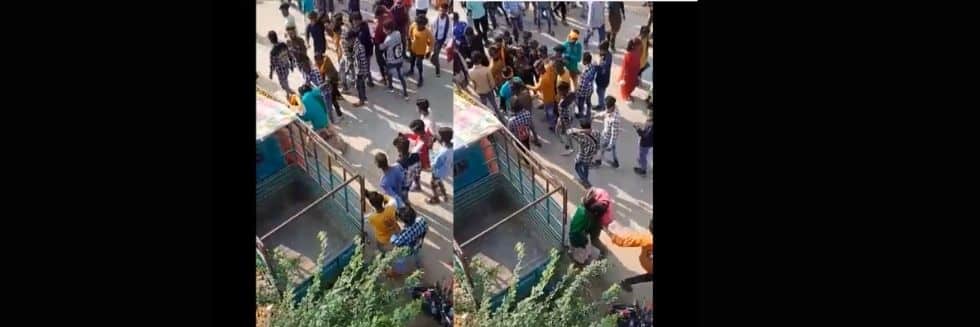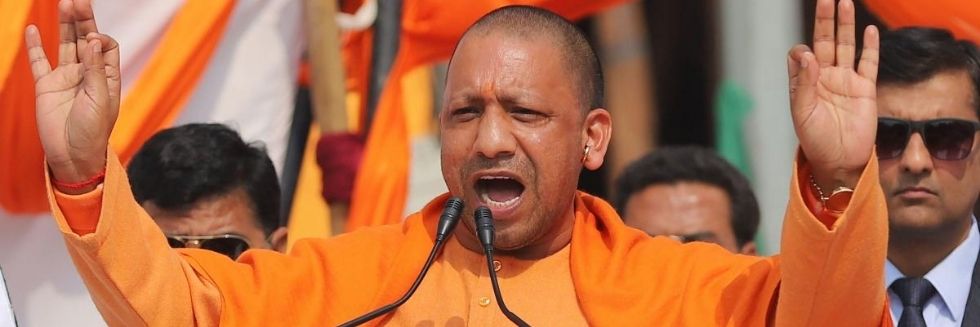The Supreme Court’s bench headed by Justice DY Chandrachud, on 30 January has refused to interfere with the Allahabad High Court order, which had granted two-day parole to the Bahujan Samaj Party leader Atul Rai for taking oath as Member of Parliament in New Delhi.
A bench comprising of Justices D Y Chandrachud and Hemant Gupta dismissed the special leave petition filed by the prosecutrix against the order passed by the High Court on 23 January. The bench further stated that Rai will have to furnish a personal bond, go to Delhi in police custody under adequate security headed by an officer, not below the rank of Deputy Superintendent of Police/Circle Officer and after he takes oath as a Member of Parliament, the police will take him back into custody on 1 February.
In 2019, Rai has won the Lok Sabha polls on a BSP ticket from Ghosi parliamentary constituency in Uttar Pradesh. He was arrested in connection to a rape case, after an FIR was registered against him on 1 May and since been not able to take oath as his bail plea was also denied by the Allahabad High Court.
Later, Rai contended that he has not been able to attend a single day in the Lok Sabha since his election and that if his request for taking the oath was not entertained; his seat would be declared vacant in view of Article 101 (4) of the Indian Constitution.
The High Court granting parole to Rai stated that “It is made clear that during the period of short-term parole, i.e., from the evening of 30.01.2020 till he returns to jail, the applicant shall not use any mobile phone, etc. and not indulge in the tempering of evidence nor any other anti-social activities.”
Article 101(4) of the Constitution enables the Parliament to declare a seat vacant if its member is absent from attending the House proceedings for sixty days.
